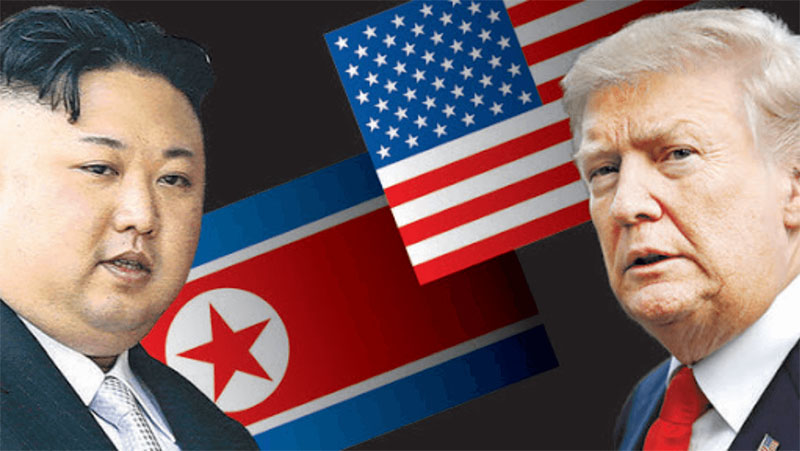The roots of the relationship between the United States and South Korea trace back to the mid-20th century, particularly during the Korean War (1950-1953). The U.S. played a pivotal role in supporting South Korea against the communist North, solidifying a military alliance and fostering economic cooperation.
Military Presence and Security:
One of the primary sources of friction between the two nations revolves around the presence of U.S. military forces in South Korea. The U.S. maintains a significant military presence in the region, primarily to deter aggression from North Korea and ensure regional stability. However, this presence has occasionally sparked protests and calls for withdrawal from some segments of South Korean society, who perceive it as a symbol of foreign intervention.
Trade and Economic Relations:
Economic dynamics also influence the relationship between the U.S. and South Korea. Both countries are key trading partners, with South Korea being one of the largest importers of American goods and services. However, trade imbalances and disputes over issues such as tariffs and trade practices have led to occasional tensions, notably exemplified by the renegotiation of the U.S.-Korea Free Trade Agreement (KORUS) in 2018.
Regional Security and Diplomacy:
The geopolitical landscape of East Asia further complicates the relationship between the United States and South Korea. Both nations navigate intricate alliances and rivalries within the region, with considerations ranging from North Korean nuclear ambitions to China's growing influence. Divergent approaches to diplomacy and security have at times strained relations, as seen in debates over approaches to engagement with North Korea and the management of regional disputes.
Cultural and Social Dynamics:
Beyond the geopolitical realm, cultural and social factors also shape interactions between the U.S. and South Korea. Shared values, cultural exchanges, and people-to-people ties often serve as avenues for fostering mutual understanding and cooperation. However, cultural differences and occasional misunderstandings can also contribute to tensions, particularly in areas such as public perception and media representation.
Navigating Forward:
Despite occasional conflicts and differences, the relationship between the United States and South Korea remains fundamentally anchored in shared interests and strategic cooperation. Both nations continue to collaborate on a wide range of issues, including security, economic development, and cultural exchange. As global dynamics continue to evolve, navigating the complexities of this relationship requires ongoing dialogue, compromise, and a commitment to mutual respect and understanding. By recognizing and addressing differences constructively, the United States and South Korea can continue to build upon their partnership for the benefit of regional stability and prosperity.
Composed by: Hedwig Francis mwendwa

